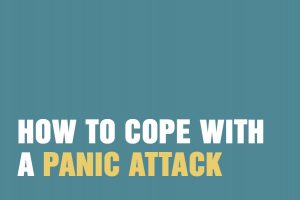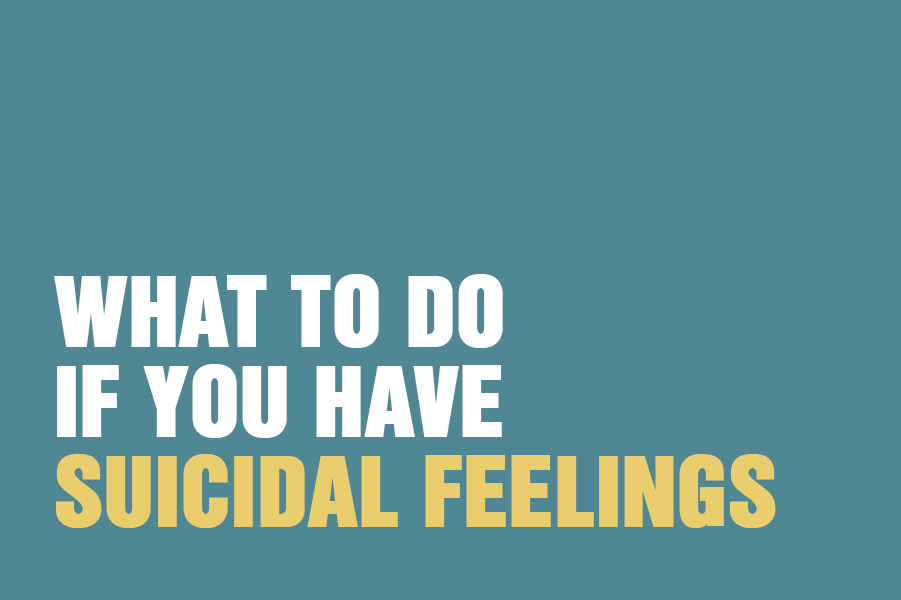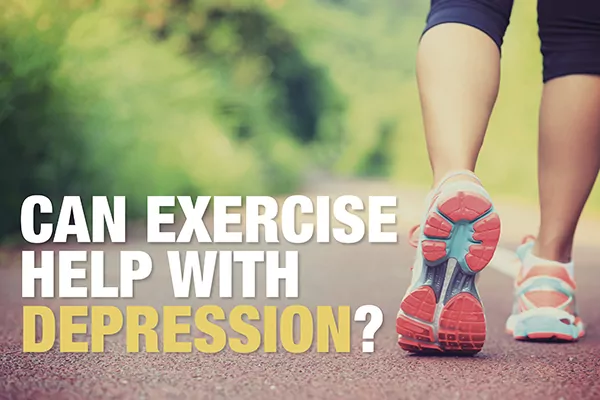Suicide is not an easy thing to read about – or write about – but the sad fact is that, according to the Samaritan’s annual report, there were 6,859 deaths by suicide in the UK and Republic of Ireland in 2018. That is an average of over 18 suicides per day last year.
It is so important to support those that might be feeling suicidal, but how do we know who that is? First of all, it is important to have open dialogue with loved ones around the topic of suicidal feelings and other negative emotions.
A study by Dazzi et al (2014) found that acknowledging and talking about suicide does not increase the risk of suicidal ideation. In fact, the study found that talking about suicide actually decreased such risk and increase mental health and treatment-seeking behaviour.
Who is at risk of suicide?
There are certain populations who are at a higher risk of attempting suicide. This is not to say that those who do not fit these parameters are not also at risk, or that those who do fit these parameters will definitely be suicidal. Suicide and suicidal ideation do not discriminate. This list is governed by statistics, and as we all know, where there are statistics, there are always outliers.
Suicidal risk is higher in the following populations:
- Those who have lost a loved one either through death or divorce. This is more common in older adults.
- Those who have a history of attempted suicide or a family history of suicide.
- Those with a friend or co-worker who has committed suicide.
- Those who have a history of abuse, whether its physical, emotional, or sexual.
- Those suffering from long-term pain or illness, or those with a terminal illness.
- Those who are typically impulsive or violent.
- Those in certain professions including police officers or healthcare professionals (especially those who work with terminal patients).
- Those with substance abuse problems.
- Those recently released from an in-patient psychiatric ward (due to the difficulty of this transition).
As mentioned, this list is neither exhaustive nor prescriptive. We cannot use this list alone as a tool to decide who is and who isn’t suicidal. For example, the rate of suicide attempts is highest in women, however, men are more likely to die by suicide.
What signs can we look for?
There are certain signs that we can look out for in our loved ones, clients, co-workers, and friends. Once again, this list is not all-encompassing. Someone might have some of these signs and not be or feel suicidal, whereas someone may not exhibit any of these signs but experience suicidal thoughts from time to time. This list is a guide rather than an instruction manual.
- Sudden calmness. This is especially the case after a period of extreme sadness or moodiness as it may signal that the individual has made peace with their decision to end their life.
- Social withdrawal – from loved ones and from previously enjoyable activities.
- Changes in personality and/or appearance. The individual may no longer be concerned with how they look or how they are perceived by others.
- Recent trauma or life crisis such as serious financial trouble, the death of a loved one, the break-up of a relationship, job loss, a major illness, and so on.
- Making preparations such as visiting friends or family, returning borrowed items, giving away valued possessions, writing a will and so on.
- Threatening suicide. The person may just come out and say that this is how they are feeling. Although the threat may be perceived as a cry for attention, it is important that every threat is taken seriously.
These are mostly behavioural signs that we might pick up on when observing others. But there are also sometimes verbal signs that the person might not be aware they are exhibiting. For example, they might express a sense of hopelessness about the future, they might even express that they cannot imagine their own future, they might believe that they are a burden to others, or that they feel worthless or alone. Finally, they might talk about a deceased loved one and disclose that they want to be with their loved one.
Someone who is feeling suicidal might communicate that they no longer want to ‘be here’. This is not always a communication of immediate suicidal risk. Sometimes this can be a declaration that they want their life to be different, they no longer want to be in pain, or they are not coping with something in their life right now. However, it is a good idea to explore this thought with the person and try to understand exactly what they mean.
What to do if you think someone is suicidal?
If the person is not at immediate risk of suicide then the first step would be to have an honest and non-judgement conversation with the person.
As the study in the beginning found, talking openly about suicide does not increase suicidal risk. In our society, talking about death, and specifically about suicide, is still so taboo that those who are considering suicide or plagued by suicidal thought are likely to feel very alone and scared. Opening up this conversation may help the individual to feel less alone in their pain and may have the effect of lessening their suicidal thoughts and risk.
If the individual is at immediate risk of death, then it is important to seek medical assistance as soon as possible, whether you head to your nearest A&E, phone NHS 111, or phone a mental health helpline such as Samaritans.
The next steps would be to access mental health services with the individual. This might be through the NHS, through a local service, or with a private counsellor or psychotherapist.
If you would like some support or need a safe space in which to open up about any suicidal thoughts or feelings, therapy could be an option for you. Just call 020 8673 4545 or email [email protected] for a confidential appointment.








